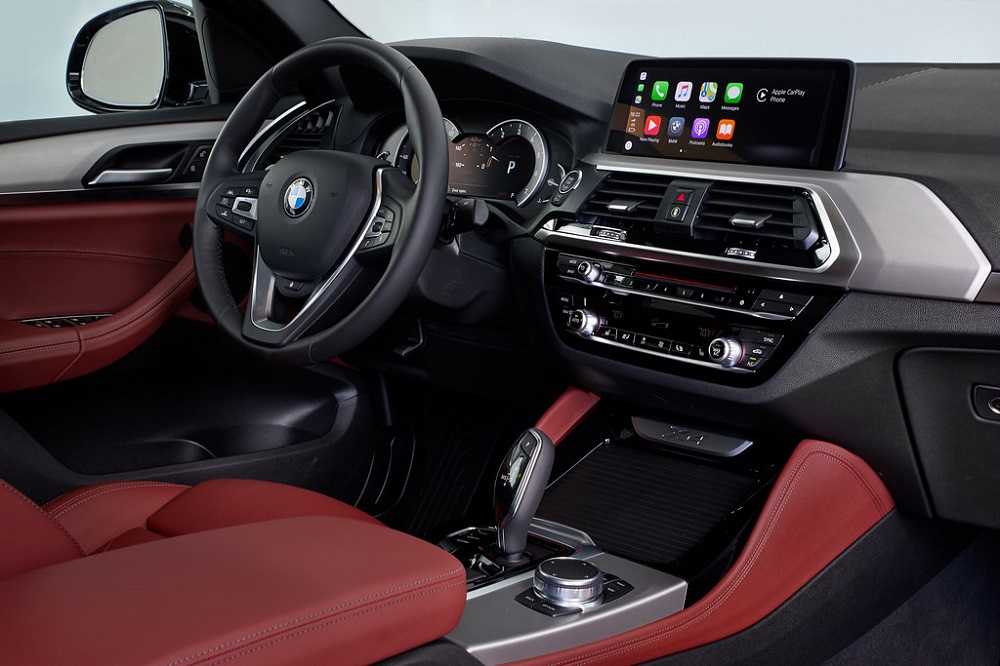Sashi Ambi, Head of Corporate Communications of BMW Group Malaysia, says that this situation is confined to vehicles in Germany, as well as a number of European countries. More specifically, this only affects models heading to said markets with Operating System 7. Echoing the statement given to Automotive News Europe, Sashi says that BMW made use of new hardware for Head-Units for the affected vehicles. This is due to the change in chip supplier, which was necessary to continue shipping cars with all its components despite the global chip supply shortage. But from the period of between January and April this year, the company couldn’t certify the software to work with the new hardware. Specifically, the software required for Android Auto and Apple CarPlay, as well as WiFi hotspot and Remote Software Upgrades via WiFi. But as of 1 May, the software has been certified and has been made available, alongside all the affected features, including Android Auto and Apple CarPlay. Which is good news for newer buyers in the affected markets. Just like the situation with the brand’s touchscreen controls back in November last year, this situation with BMW vehicles not shipping with Android Auto and Apple CarPlay affects only a few specific vehicles for a few specific markets. While it is undoubtedly unfortunate for those who are effected, vehicles in Malaysia not being affected is good news for anyone planning to own a brand new BMW vehicle, or anyone who bought one within the first four months of the year.
